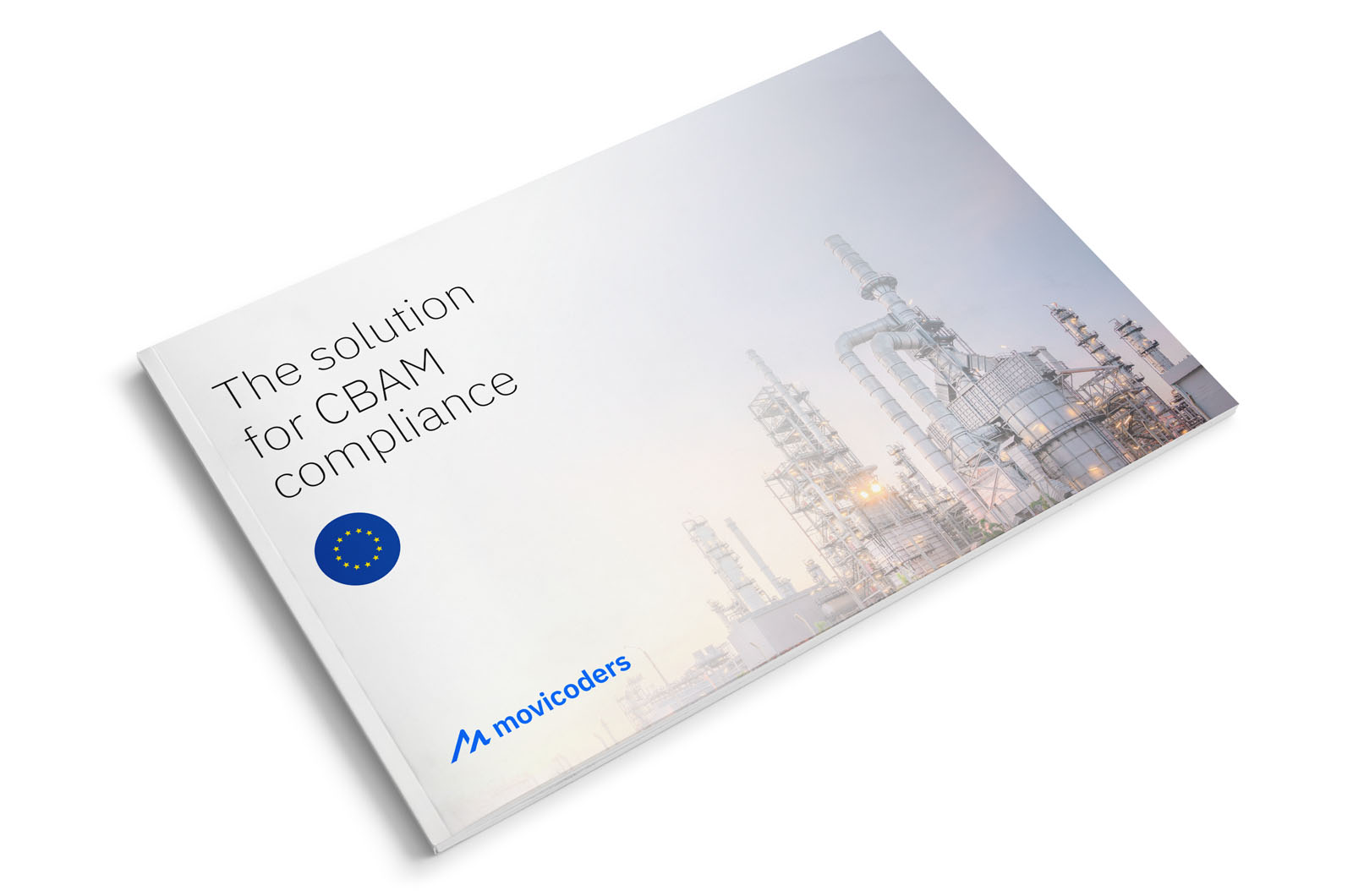CBAM
The Carbon Border Adjustment Mechanism(CBAM Regulation 2023/956 of 10 May 2023) is a key instrument of the European Green Pact that aims to put a price on carbon emitted during the production of carbon-intensive goods entering the European Union.
In a context of growing concern about climate change, the Border Carbon Adjustment Mechanism (CBAM) introduces new complexity to international business operations. Our cloud platform offers you a comprehensive solution to manage all aspects of the regulation efficiently and securely.
Importing companies must declare the carbon emissions associated with their products. The carbon price to be paid is based on the carbon price in the EU Emissions Trading System. EU importers will be required to purchase certificates equivalent to the carbon price they would pay if the products were manufactured to EU standards.
As of January 1, 2026, EU importers will be required to report the quantity of imported goods and their associated greenhouse gas emissions. Subsequently, they will deliver the corresponding number of CBAM certificates acquired. The price of these certificates will be based on the price of CO2 emission rights.
Main characteristics of the CBAM
- The products affected by the Carbon Border Adjustment Mechanism (CBAM) will initially be those related to sectors with high emissions intensity, such as cement, iron and steel, aluminum, fertilizers, electricity and hydrogen.
- Carbon pricing: Importing companies must declare the carbon emissions associated with their products. The carbon price to be paid is based on the carbon price in the EU Emissions Trading System.
- Objective: CBAM aims to level the playing field between EU companies that already pay a carbon price for their emissions and non-EU companies that do not. In this way, clean production is encouraged both inside and outside the EU.
Who has to comply with the CBAM?
The Carbon Border Adjustment Mechanism(CBAM) will affect all companies that import products covered by the scheme into the European Union (EU), regardless of their size.
There are some exceptions to the Carbon Border Adjustment Mechanism (CBAM) for certain companies that import products covered by the scheme into the European Union (EU).
- Small businesses: Microenterprises (less than 10 employees
and an annual turnover of less than €2 million)
and small businesses (less than 50 employees and an annual turnover of
less than €10 million) are exempt from
CBAM for the first three years of implementation (2026-2028). - Low-carbon products: Some products with
low carbon emissions, such as certain types of fertilizers and
chemicals, are exempt from CBAM.
- Essential products: Certain essential products, such as food and medicines, are exempt from CBAM.
- Temporary imports: Temporary imports of products covered by the CBAM are exempt, provided they are re-exported within a specified period of time.

